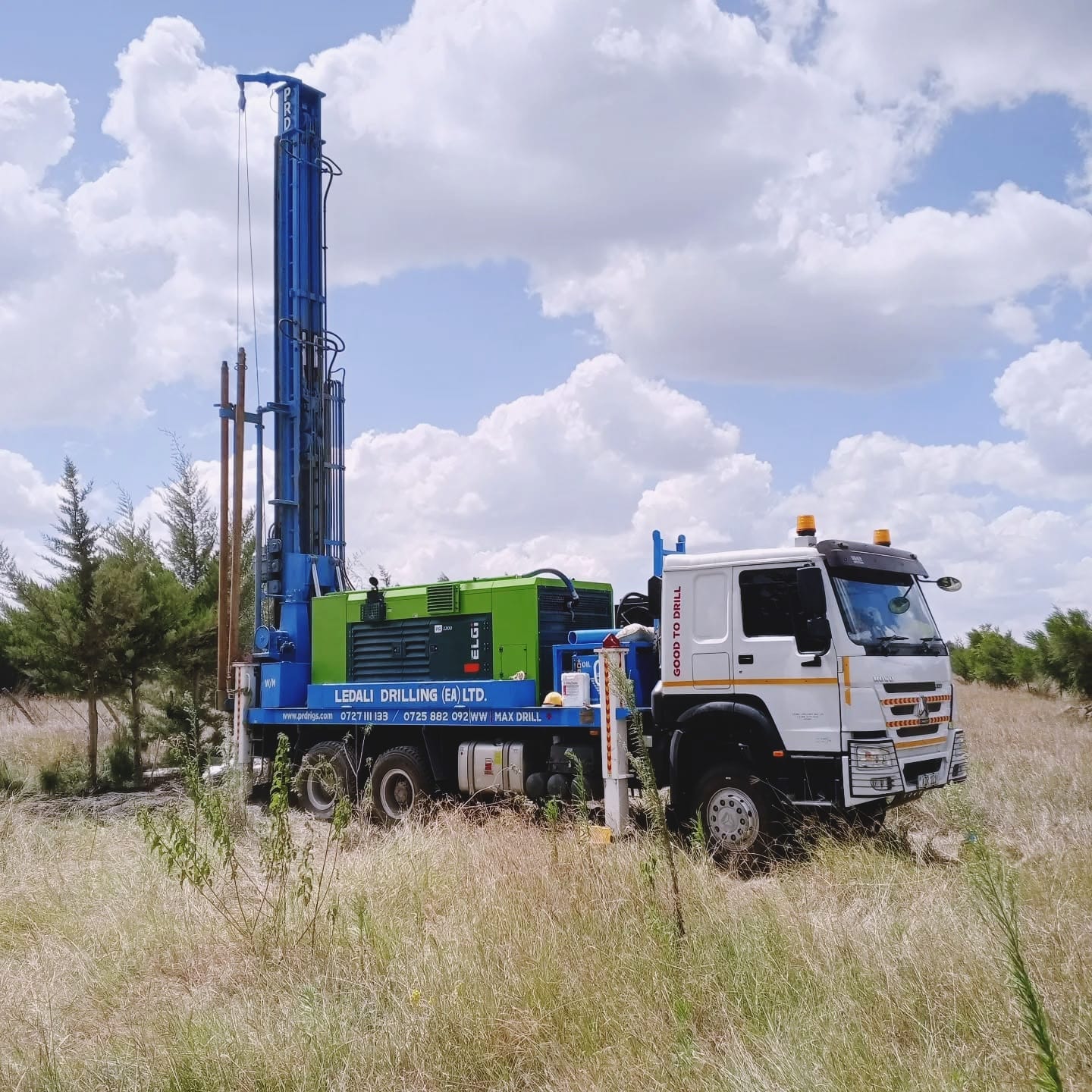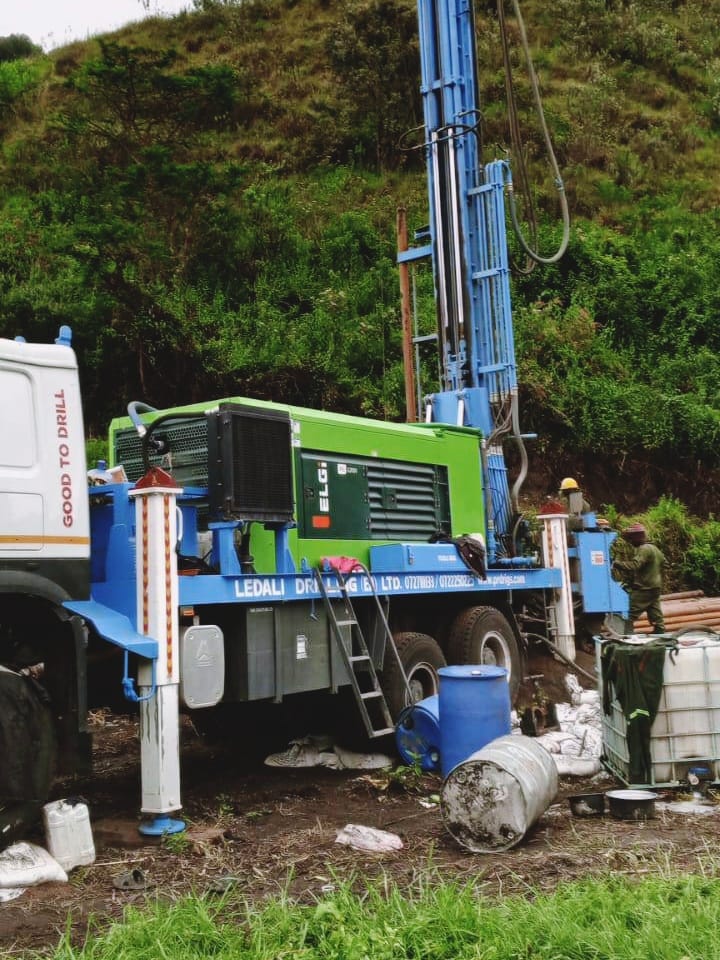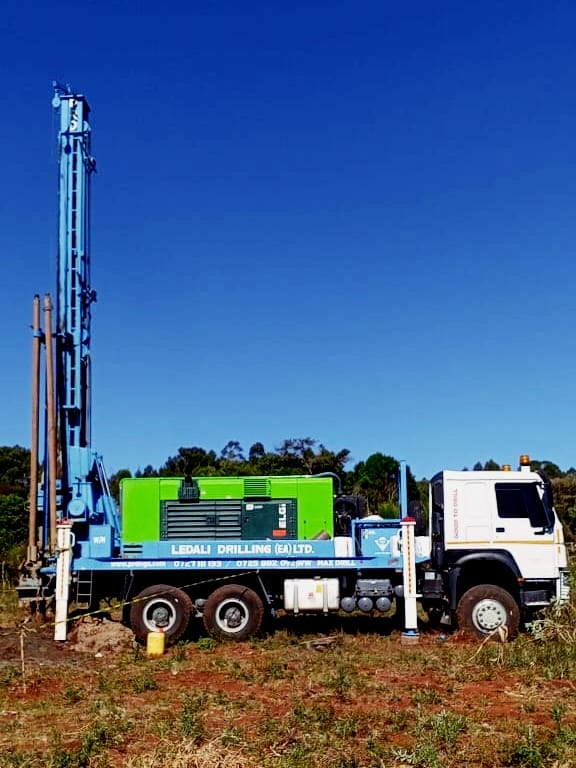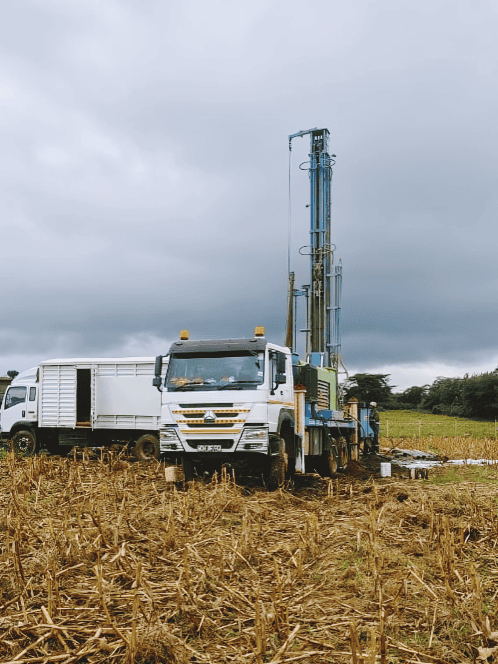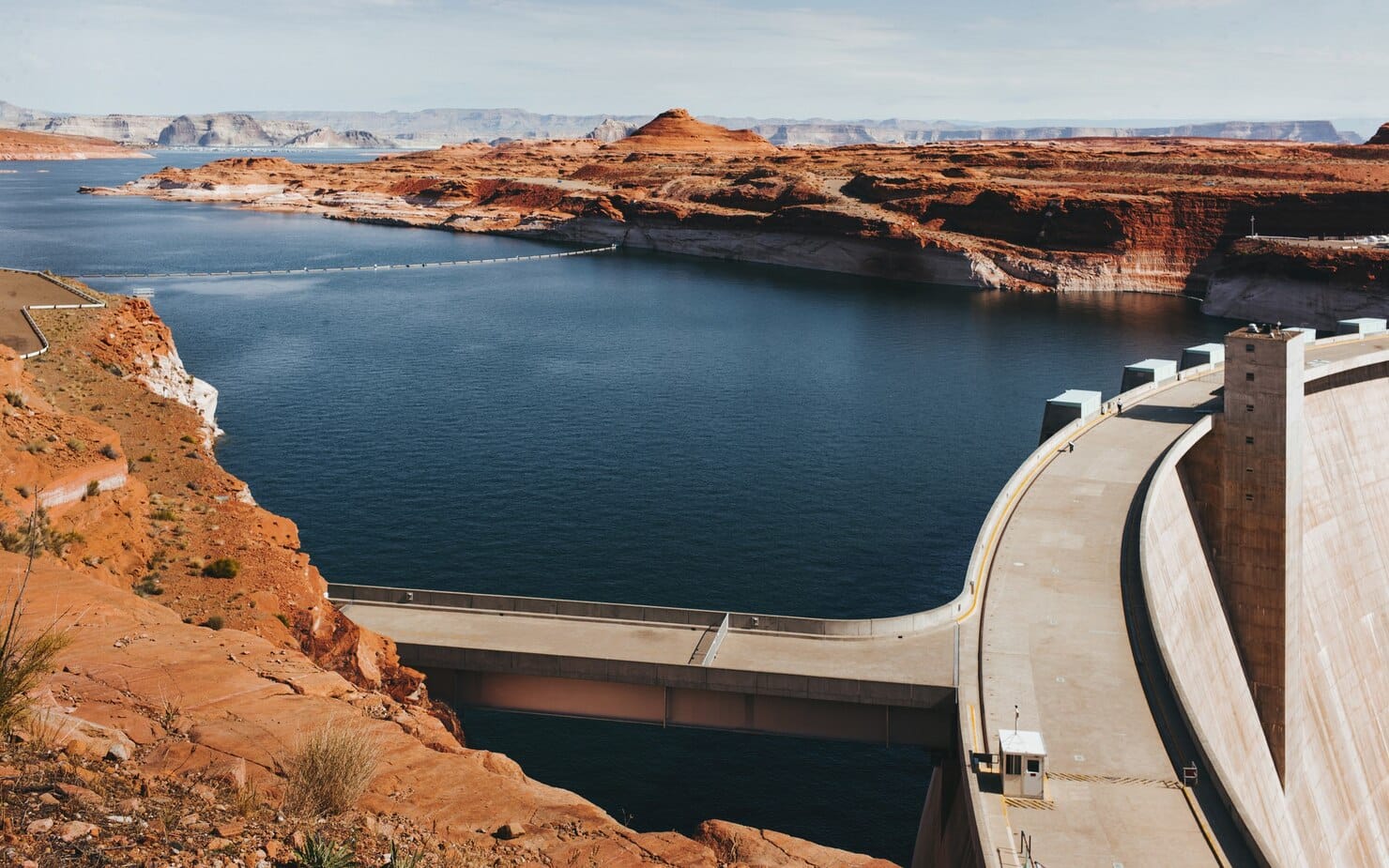
Boreholes and Irrigation Farming: Strengthening Kenya’s Path to Food Security
Water is the heartbeat of agriculture — yet in many parts of Kenya, farmers still depend solely on unpredictable rainfall. With changing weather patterns, prolonged droughts, and shrinking rivers, the pressure on food production continues to grow.
At Ledali Drilling Ltd., we believe the answer lies below our feet. Boreholes are transforming Kenya’s agricultural landscape by providing reliable water for irrigation farming, ensuring year-round food production and greater community resilience.
The Water Challenge in Kenya
Kenya’s economy and livelihoods are deeply rooted in agriculture — yet less than 10% of arable land is under irrigation. Most farmers rely on rain-fed systems, making them vulnerable to seasonal droughts and erratic rainfall.
As climate change intensifies, traditional sources like rivers and shallow wells are becoming less reliable. The result? Crop failures, reduced harvests, and widespread food insecurity.
That’s where borehole water becomes a game changer.
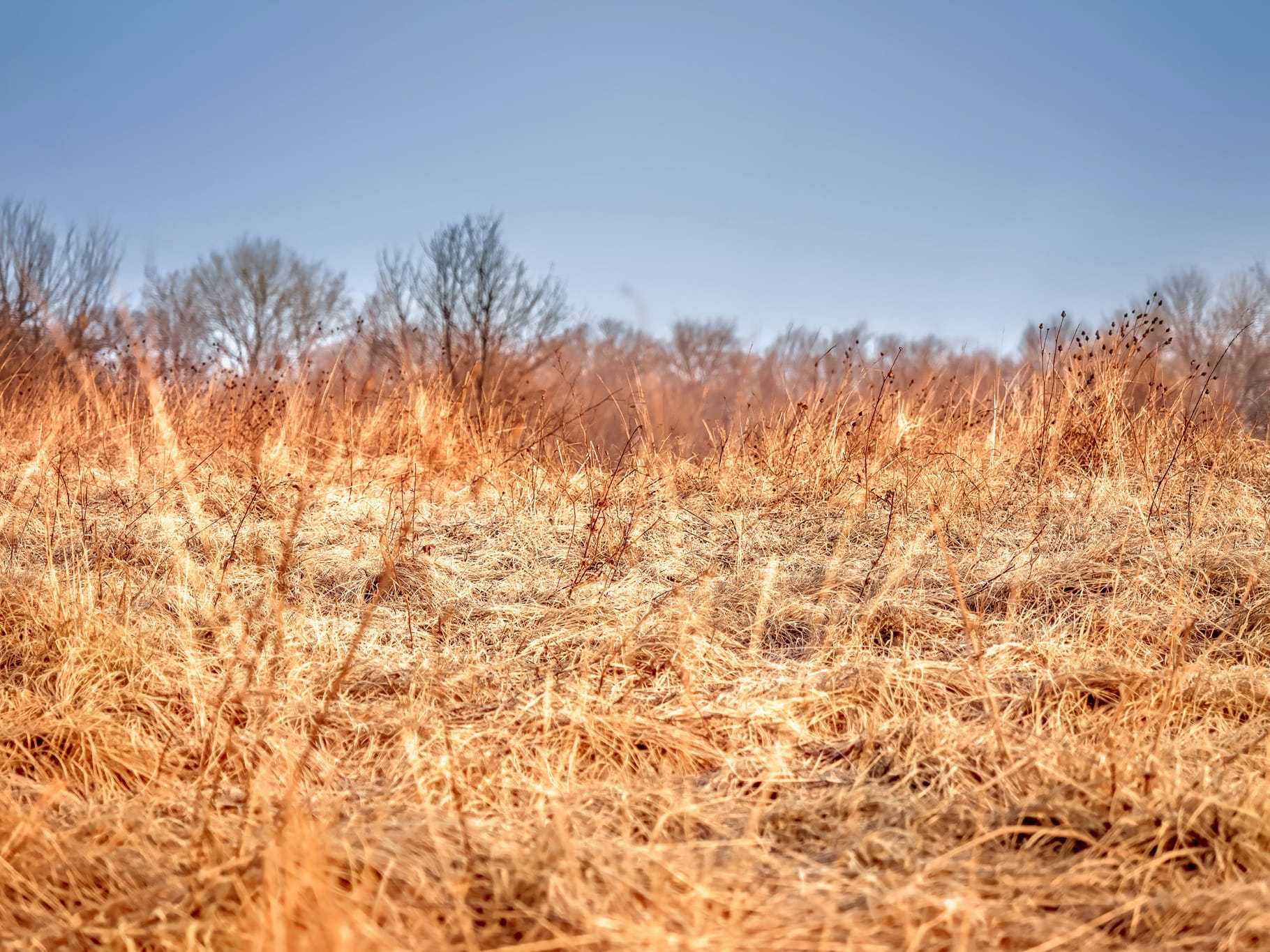
How Boreholes Support Irrigation Farming
A borehole is a deep, professionally drilled well that taps into underground aquifers — a constant, renewable source of clean water. When combined with efficient irrigation systems such as drip or sprinkler irrigation, boreholes empower farmers to cultivate crops throughout the year.
Here’s how:
-
Reliable Water Access: Boreholes provide a steady water supply regardless of rainfall patterns.
-
Increased Crop Cycles: Farmers can grow two or even three harvests annually, multiplying yields and income.
-
Drought Resilience: Borehole-fed irrigation ensures survival of crops and livestock even during dry seasons.
-
Diversified Farming: Farmers can grow high-value crops like vegetables, fruits, and flowers, boosting profitability.
-
Efficient Water Use: Modern pumps and irrigation systems reduce wastage and ensure sustainable groundwater use.
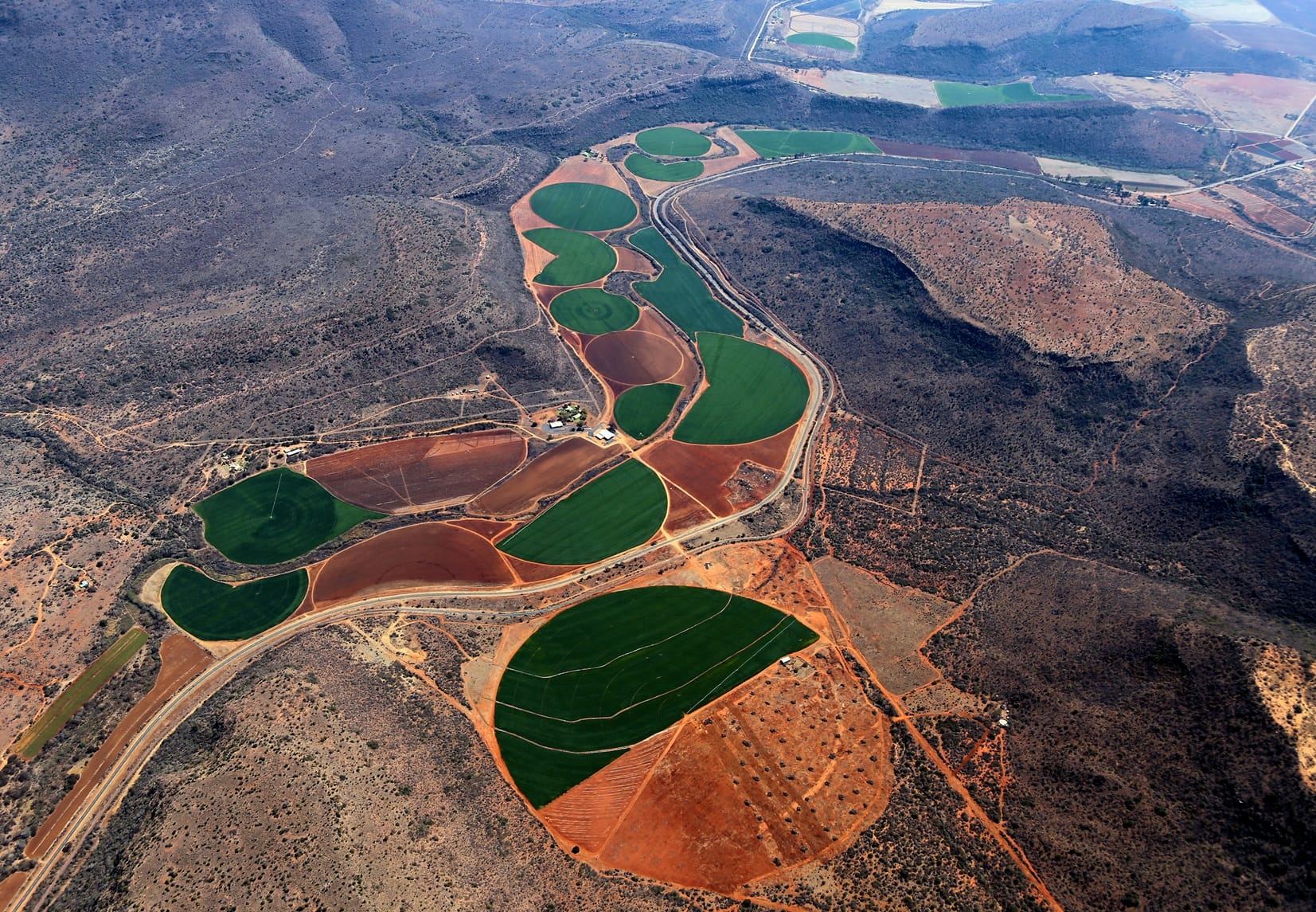
The Link Between Boreholes and Food Security
Food security means that every household has consistent access to sufficient, safe, and nutritious food. Borehole irrigation directly supports all four pillars of food security:
-
Availability: Year-round water means consistent crop production, reducing reliance on imported food.
-
Access: Farmers earn more income from increased yields, improving their ability to purchase other essentials.
-
Utilization: Steady water supports growth of diverse crops — including fruits and vegetables — enhancing nutrition.
-
Stability: Boreholes reduce vulnerability to drought and climate shocks, stabilizing food systems in rural areas.
By drilling boreholes in agricultural regions, Ledali Drilling Ltd. helps create a foundation for long-term food sustainability across Kenya.
Transforming Communities — One Borehole at a Time
Across counties such as Machakos, Kitui, Laikipia, and Baringo, smallholder farmers are already seeing the benefits of borehole irrigation.
-
In Machakos, farmers who relied on a single rainy season now harvest vegetables year-round.
-
In Laikipia, dairy farmers use borehole water to grow fodder crops, ensuring consistent milk production even in dry months.
-
In Kitui, women’s groups have turned idle land into productive gardens, supplying local markets with fresh produce.
Each of these stories represents more than water — it’s hope, income, and independence for families who once struggled with food scarcity.
Economic and Environmental Benefits
The impact of borehole-driven irrigation goes far beyond food production:
-
Job Creation: Irrigated farming creates opportunities for youth in crop production, distribution, and agribusiness.
-
Reduced Migration: Communities can thrive locally instead of relocating in search of water or pasture.
-
Groundwater Recharge Management: Professionally planned boreholes, when combined with water-efficient systems, promote balanced aquifer use.
-
Climate Adaptation: Irrigation helps stabilize ecosystems and reduce the effects of drought, preserving vegetation and soil quality.
At Ledali Drilling Ltd., we ensure every borehole is designed for sustainable extraction, guided by hydro-geological surveys and environmental best practices.
Our Comprehensive Borehole Solutions
To maximize the value of each project, Ledali Drilling Ltd. offers a full range of borehole services, including:
-
Hydro-geological surveys to determine viable drilling locations.
-
Professional drilling and supervision using modern rigs and equipment.
-
Test pumping and pump installation for optimal water yield.
-
Water supply and irrigation system setup, tailored for farms and estates.
-
Maintenance and repair services to extend the life of boreholes.
Our end-to-end approach ensures that farmers receive not just a source of water, but a long-term investment in their productivity and food security.
Government and Policy Support
Kenya’s Vision 2030 and National Irrigation Policy recognize irrigation as a key pillar of agricultural transformation. The government’s push to develop more boreholes and irrigation schemes aligns with the Sustainable Development Goals (SDGs) — particularly Goal 2: Zero Hunger and Goal 6: Clean Water and Sanitation.
Partnerships between private companies like Ledali Drilling Ltd., county governments, and NGOs are accelerating progress toward climate-resilient agriculture.
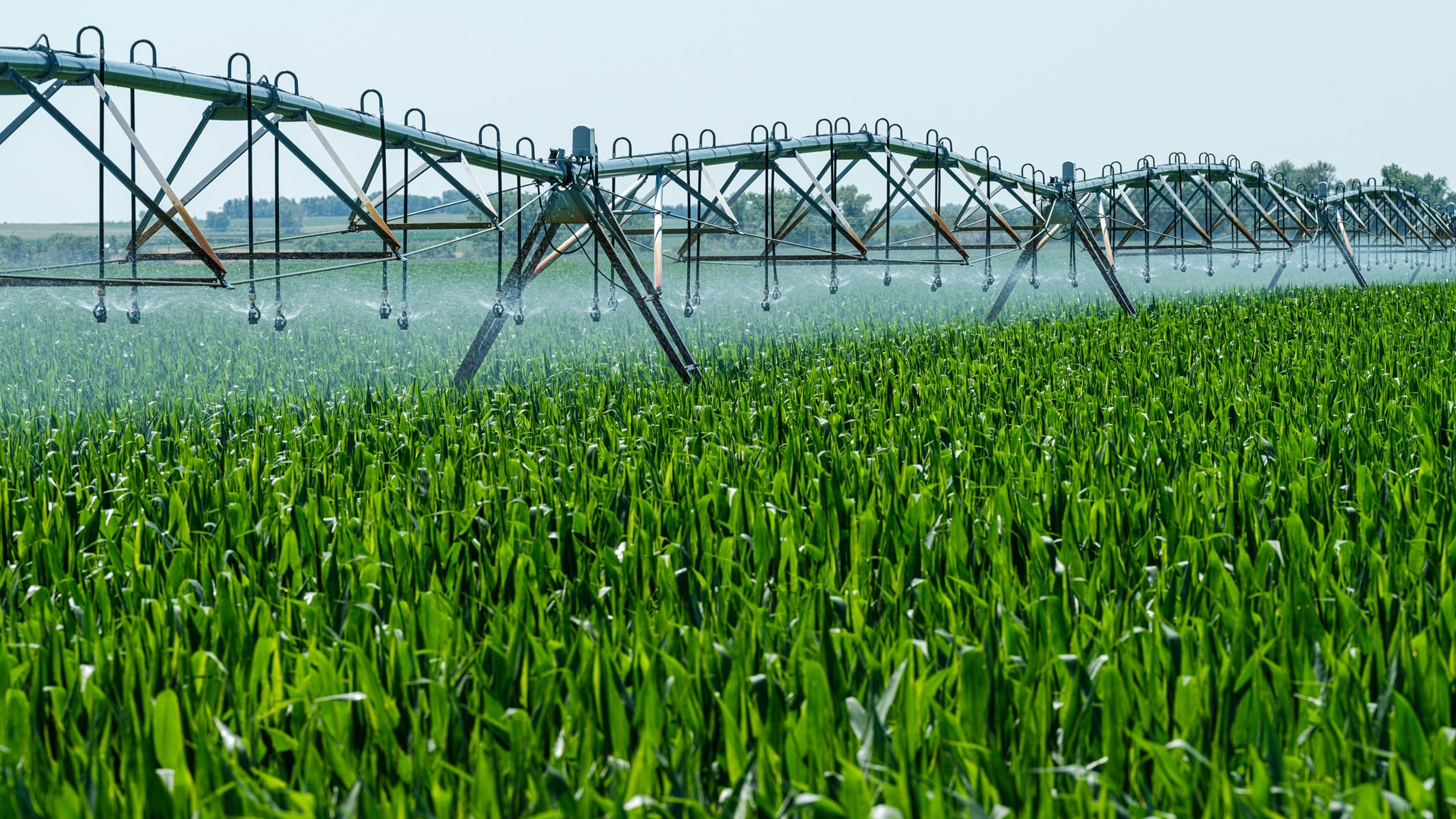
Challenges and the Way Forward
While borehole irrigation offers immense benefits, it must be managed responsibly. Challenges such as over-abstraction, salinity, and maintenance costs can arise without proper planning.
At Ledali Drilling Ltd., we advocate for:
-
Regular water level monitoring to prevent depletion.
-
Use of solar-powered pumps for affordable and sustainable operation.
-
Training farmers in efficient irrigation practices.
-
Integration of water storage systems like tanks or earth dams for balanced usage.
By combining technology, expertise, and community education, Kenya can achieve food security without exhausting its groundwater resources.

